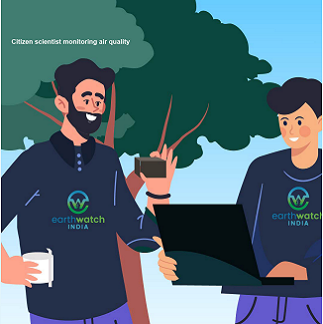CITIES

Urban Forests
Lakes and Waterbodies
Healthy Air
WATER & SANITATION

Water Conservation
Clean Water
Hygiene
FORESTS

Forest Conservation
Ecosystem Services
Soil Studies
AGRICULTURE

Organic Farming
Soil Health
Pollinators
WILDLIFE

Habitat and
Biodiversity Conservation
MARINE

Aquatic Species
Marine Plastic Pollution
CLIMATE ACTION

Sustainable Technology
Energy Efficiency
REDUCE PLASTIC POLLUTION













